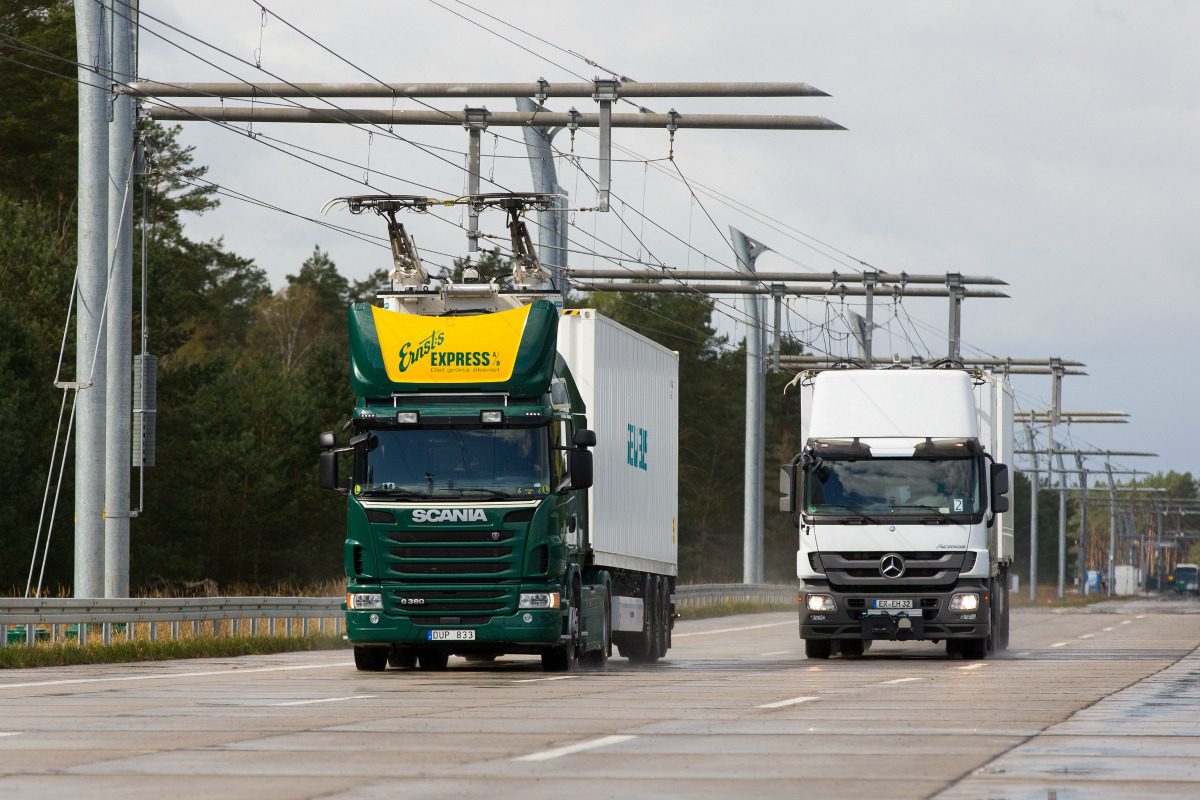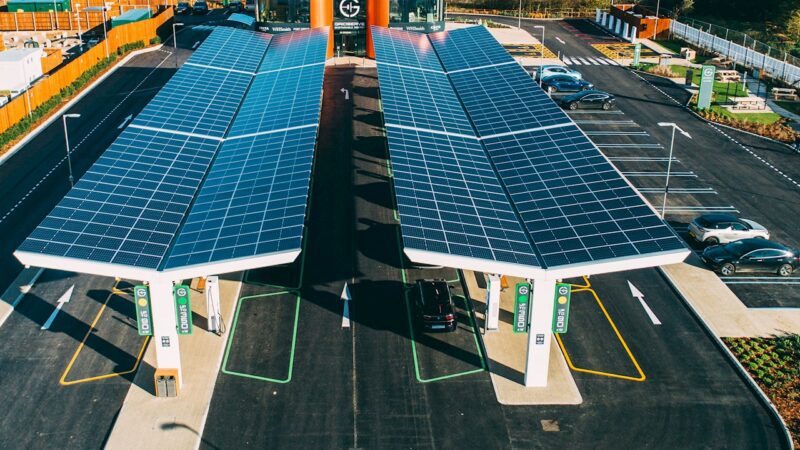

Sustainable Mobility
” Sustainable mobility isn’t just a goal; it’s the pathway to a greener, more connected future. Join us as we electrify India’s highways, paving the way for a cleaner tomorrow. “
India is gearing up for a revolutionary transformation in its transportation landscape with the ambitious Vision 2030: PM Public Transport Sewa initiative. This groundbreaking plan aims to construct electric vehicle (EV)-)-ready highways on the extensive Golden Quadrilateral network, connecting major cities across the nation. The primary objective is to mitigate fuel consumption and vehicular emissions by fostering the adoption of electric intercity public transport. Over the next seven years, the government plans to develop 6,000 kilometers of highways equipped with charging infrastructure powered by green energy sources, setting the stage for a comprehensive EV ecosystem in India.
This initiative is expected to coincide with the introduction of electric buses, aiming to create an ecosystem for EVs in India. Discussions with stakeholders are underway to replace 800,000 old and polluting diesel buses with electric buses by 2030, with a focus on state transport undertakings, private operators, and school and employee transportation.

The Golden Quadrilateral
The construction of electric highways is anticipated to promote the development of charging infrastructure, encouraging more individuals to purchase electric cars for their daily commute. However, challenges such as limited range and inadequate charging infrastructure have affected the sales of electric cars in the country.
The Golden Quadrilateral, India’s longest highway network, is chosen for the construction of e-highways, which is expected to contribute significantly to reducing logistics costs and curbing emissions in line with COP28 guidelines.